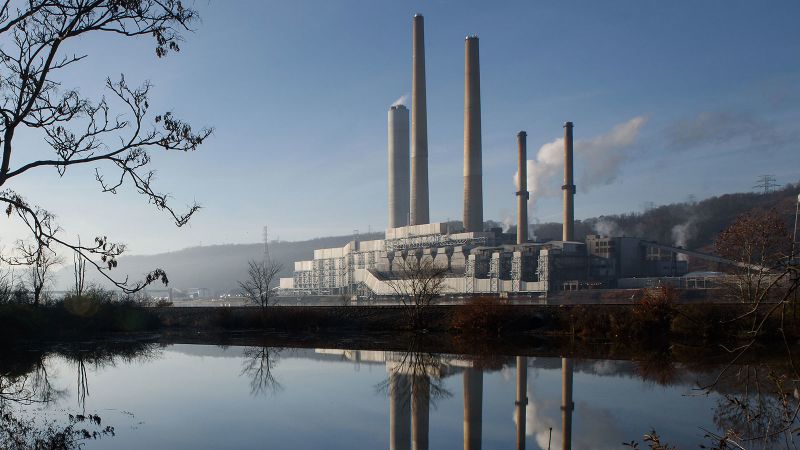
Climate Victory! New Data Reveals Major Drop in US Pollution as Coal Power Plants Close Down in 2023!
Unprecedented Decline in US Climate Pollution in 2023: New Age of Clean Energy Beckons
Introduction
The United States, long known for its intensive energy production and consequent contribution to global pollution, marked an extraordinary turn in its climate narrative in 2023. The closure of coal-fired power plants throughout the country has led to a decrease in pollution, new data from environmental agencies reveal. This impressive development represents the progress enshrined in the green energy revolution and underscores the shifting dynamics from historic carbon-intensive practices to sustainable, clean energy alternatives.
Shift to Renewable Energy
The turning tide in 2023 was the result of a multi-faceted approach in the energy sector aimed at decarbonization. As the country shuttered coal-fired power plants, renewable energy sources, particularly solar, wind and hydroelectric power, ascended the ranks. The push for renewable energy was not only environmentally friendly but also offered a robust economic opportunity, creating jobs and catalyzing the growth of industries catered to the supply and management of renewable energy resources.
Resultant Decrease in Pollution
As a result of replacing coal-based energy infrastructure, greenhouse gas emissions in the United States drastically decreased. Carbon dioxide and methane, notorious culprits of climate pollution and global warming, showed stark reductions. This decline marked a significant progression towards achieving the country’s climate goals and aligning with the Paris Agreement. It also relayed a profound global message about the feasibility and benefits of transitioning towards a low-carbon future.
Addressing Health Hazards
A decrease in climate pollution has further implications beyond environmental benefits – notably, improvements in public health. Coal-fired power plants are recognized sources of harmful pollutants, such as sulfur dioxide and mercury, which pose severe risks to respiratory health. The shift from coal-based power production in 2023 not only improved air quality, but also catalyzed a decline in health complications directly associated with pollution.
Adverse Resistance and Challenges
The shut down of coal-fired power plants and the consequential decline in pollution was not achieved without resistance. Numerous challenges were faced: from ensuring job retention for coal plant workers to managing the variability of renewable power sources and upgrading grid infrastructure. Despite these hurdles, the United States demonstrated that transformative change is possible even in traditionally stubborn sectors, thereby encouraging similar changes on a global scale.
Conclusion
The decline in US climate pollution in 2023 marks a landmark year in the battle against climate change. The wide-scale closure of coal-fired power plants and the shift toward renewable energy is a testament to the plausibility of a sustainable future. This evolution not only contributes towards global climate goals but also aids in improving public health and encouraging economic growth. As the United States continues to transition its energy sector, this milestone serves as a potent reminder that sustained efforts and innovative solutions can prevail against the most entrenched issues of our time.
